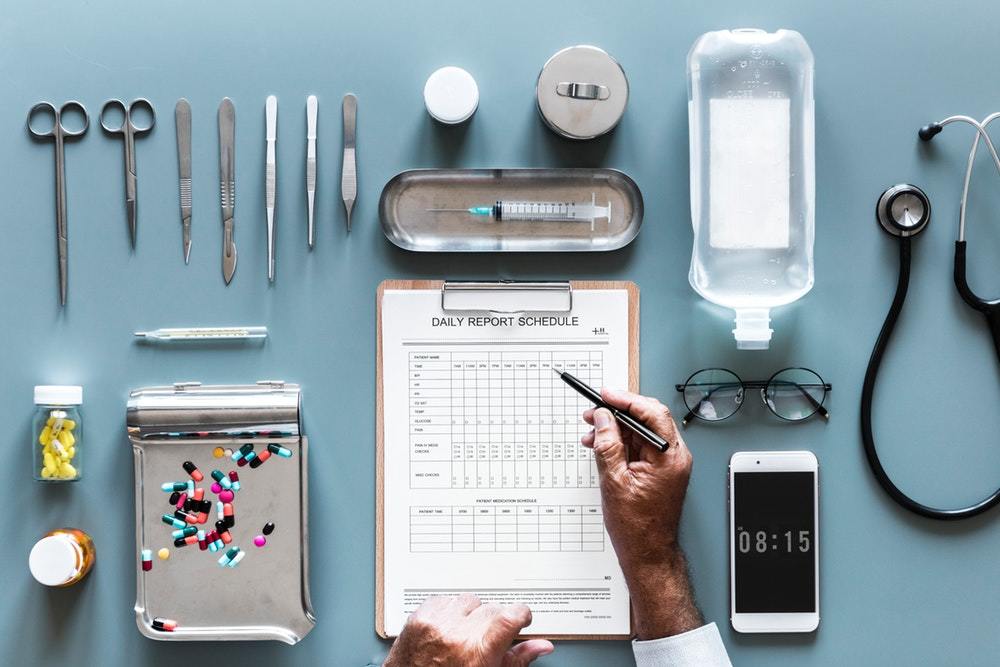
Keeping pace with technology that seems to develop at the speed of light and getting medical treatments to the people who most need them as quickly as possible while still maintaining top standards and keeping patients safe is tricky for the U.S. Food and Drug Administration, but that is its job.
One recent FDA effort in particular will likely make 2019 a bigger market year than 2018, according to a March 21 press release issued by financialnewsmedia.com.
In January, the agency finalized what it calls an “alternative 501(k) pathway” to approval for medical devices. 501(k) is the FDA term for the process by which a device manufacturer applies for approval by demonstrating that its new device is at least as safe and effective as similar products already in the marketplace. In its “abbreviated” form, the FDA confirms that a new device performs similar to an established one without having to collect and duplicate data collected years or even decades ago.
“If a legally marketed device performs at certain levels relevant to its safety and effectiveness, and a new device meets those levels of performance for the same characteristics, FDA could find that the new device is as safe and effective as the legally marketed device,” the FDA said in a statement about simplifying the clearance process.
Regarding this and other innovations in its approval protocols, the FDA says, “The changes are meant to create a safer product for patients while holding companies accountable for any safety discrepancies, all while holding on to the FDA's ‘gold standard for safety.’”
According to financialnewsmedia.com, one example of a company currently engaged in seeking 501(k) premarket clearance from the FDA includes Soliton, which is seeking approval for a novel tattoo-removal device. The Rapid Acoustic Pulse (RAP) device, Soliton says, can remove black-ink tattoos in two or three sessions as opposed to the 10 or even more visits now required to fully remove a tattoo.





